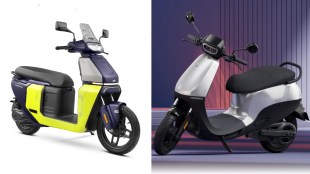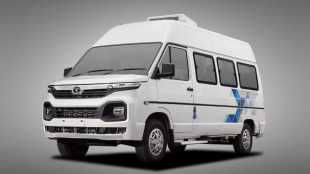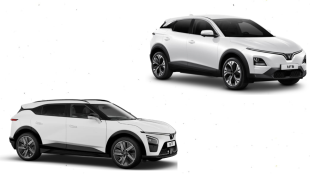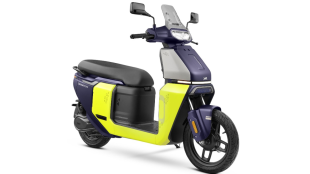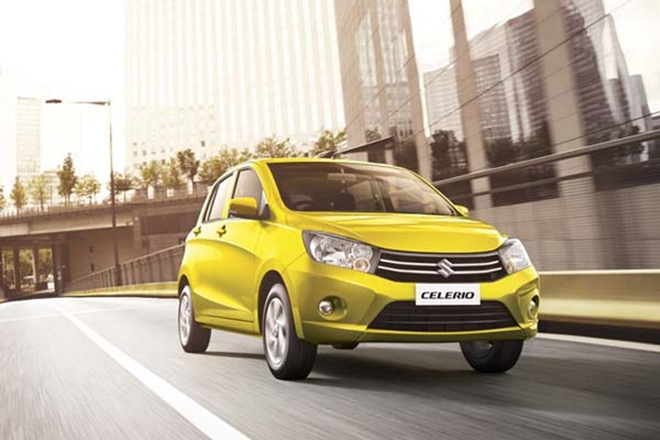
India’s largest carmaker, Maruti Suzuki seems to have discontinued the diesel versions of the Celerio and the official website now displays only the prices of the petrol and CNG versions. There is no official statement from the company yet, however, the move is speculated to be due to the lukewarm response the diesel variants of hatchback got since its launch in 2015. The Celerio, overall though sells reasonably well and in 2016, sold over 90,000 units, most of which were the petrol and CNG variants. The petrol variants also garnered popularity owing to the AMT or Automated Manual Transmission option which also made it one of the most affordable petrol automatic cars available in the country. Incidentally, Celerio was also the first car in the country to be launched with an AMT in the mass segment.
The Celerio diesel was powered by the DDiS125 diesel engine that generates 47 hp of power and 125 Nm of torque. The highlight of this engine was that it was the world’s first two-cylinder diesel engine used in a passenger vehicle. This engine was mated to a 5-speed manual transmission, however, the weakness of the motor was the high NVH (Noise Vibration and Harshness) levels, even while idling. That said, the claimed fuel efficiency figure of 27.62 kmpl did make it mildly popular. In January 2017, the company had ceased production of the diesel variants and asked its dealers not to take any new bookings if the car is not in stock, some reports suggested. A reason for the high sound from the engine was that in order to keep it in the powerband it had to be kept at above 2,000 rpm all the time and hence the decibel level was mostly high.
The DDiS125 was Maruti Suzuki’s first indigenously developed engine while the larger 1.3 litre and 1.6 litre motors are sourced from Fiat. Apart from the Celerio, the two-cylinder diesel engine comes in the company’s LCV (Light Commercial Vehicle), the Super Carry, that is also an in-house effort from the company. Other reasons for the discontinuation could be the upcoming BSVI emission norms, which would be implemented by 2020. Updating the engine to meet the new norms would require fitment of technologies such as a Diesel Particulate Filter (DPF) and Selective Catalytic Reduction (SCR) among others. This would add substantially to the cost of such vehicles and as much as up to Rs 1 lakh over their petrol counterparts.
Also Read: Maruti Suzuki discontinues 1.6 S-Cross Zeta and Delta variants
At a meeting with the press a few days back RC Bhargava, Chairman, Maruti Suzuki had said, “Entry-level diesel cars will witness a huge impact from BS6 implementation by 2020. Making BS6 compliant vehicle involves an additional cost of Rs 1 lakh over the cars running on the existing emission norms. The price difference between the diesel and their petrol counterparts would be over Rs 2 lakh, thereby reducing the value-for-money quotient.” This price gap, along with the lifecycle of a diesel engine (10 years according to the Supreme Court) would make a prospective car buyer reconsider their purchase decision in the passenger vehicle segment.



